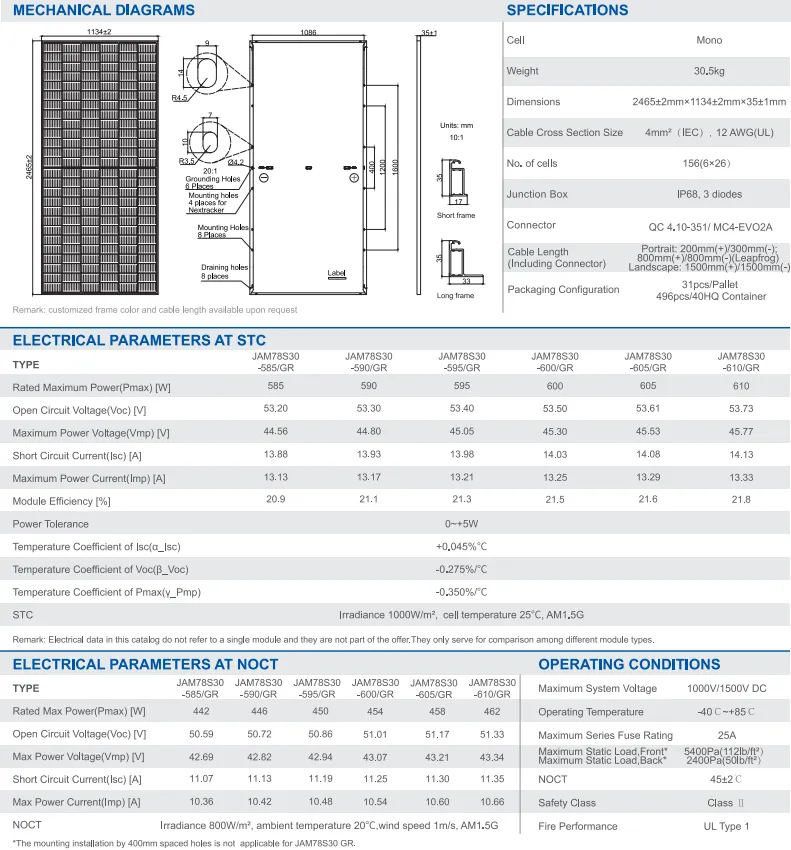How Cloudy Weather Affects Solar Panel Efficiency and Energy Production
Solar Panel Efficiency on a Cloudy Day
Solar Panel Efficiency on a Cloudy Day
On a clear sunny day, solar panels can achieve their peak efficiency, converting about 15% to 22% of sunlight into electricity. However, cloudy weather significantly diminishes the amount of direct sunlight that reaches the solar cells. It’s important to note that solar panels do not rely solely on direct sunlight; they can also harness diffused sunlight that scatters through clouds. Even when it’s overcast, solar panels can still generate electricity, albeit at a reduced rate. Studies suggest that on cloudy days, solar panel efficiency may drop to around 10% to 50% compared to sunny days, depending on cloud thickness and type.
solar panel efficiency on a cloudy day

One of the main reasons solar panels still produce energy on cloudy days is the phenomenon known as diffuse radiation. This occurs when sunlight is scattered by atmospheric particles, making it possible for solar panels to capture light that isn't directly hitting their surface. In fact, some studies have indicated that certain types of solar panels, particularly those designed with advanced technology, can perform surprisingly well in overcast conditions. For example, bifacial solar panels, which capture sunlight from both the front and back sides, can benefit from the reflection of light off surfaces like snow or water, even during cloudy weather.
Moreover, the geographical location plays a crucial role in the performance of solar panels on cloudy days. Regions that receive more diffuse sunlight, such as areas with frequent cloud cover, can still generate adequate solar energy. This is why many solar panel installations in temperate regions can still yield significant energy output despite the frequent overcast conditions.
In summary, while cloudy days do pose a challenge to solar panel efficiency, they do not render solar energy generation entirely ineffective. With advancements in solar technology and understanding of atmospheric conditions, solar energy can remain a viable option even when the sun is obscured. As we continue to push towards renewable energy solutions, recognizing the performance of solar panels in various weather conditions will be key to optimizing solar energy utilization and achieving greater sustainability.
-
Unlocking Energy Freedom with the Off Grid Solar InverterNewsJun.06,2025
-
Unlock More Solar Power with a High-Efficiency Bifacial Solar PanelNewsJun.06,2025
-
Power Your Future with High-Efficiency Monocrystalline Solar PanelsNewsJun.06,2025
-
Next-Gen Solar Power Starts with Micro Solar InvertersNewsJun.06,2025
-
Harnessing Peak Efficiency with the On Grid Solar InverterNewsJun.06,2025
-
Discover Unmatched Efficiency with the Latest String Solar InverterNewsJun.06,2025







